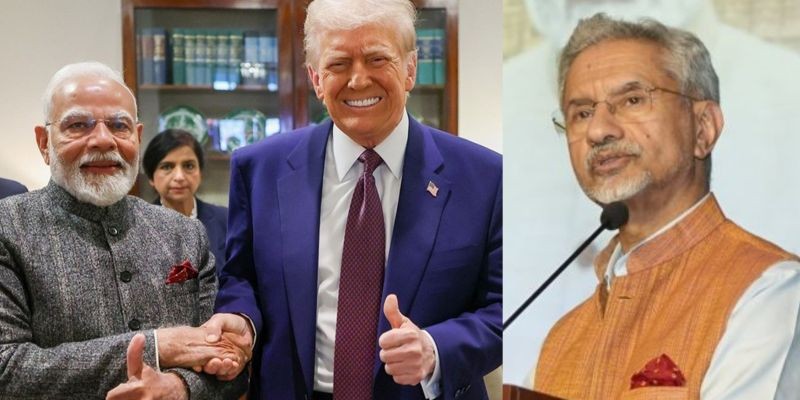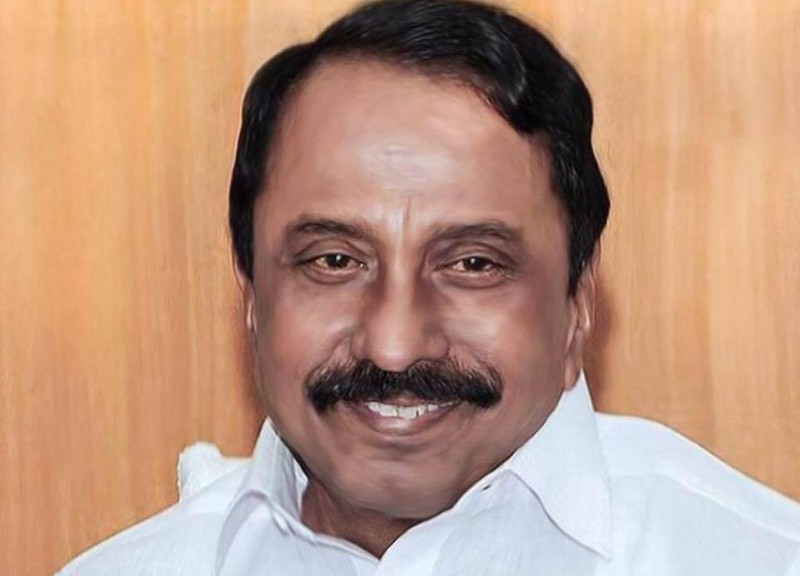Sikhs abroad use Khalistan as a cover to further self-serving agenda

In recent years, the term “Khalistan” has been resurfacing, not as a genuine demand from the people of Punjab, but as a slogan used by a minority of Sikhs living abroad to advance their own agendas.
This sentiment was echoed by Gurpartap Singh Wadala, convener of the rebel Akali Dal group, who has been vocal about the absence of a Khalistan demand within Punjab.
Wadala, in an exclusive interview on The Tribune’s show ‘Decode Punjab’, highlighted that the notion of Khalistan is not rooted in the current needs or desires of the local Punjabi population. “There is no demand for Khalistan in Punjab,” he asserted, addressing fears of a resurgence of terrorism in the region.
Wadala’s insights reveal a stark contrast between the narratives promoted by certain diaspora communities and the reality on the ground in Punjab. According to him, the Khalistan issue is being “thrust into our mouths” and is more of a rallying cry for Sikhs settled abroad than a pressing concern for those living in Punjab. This disconnection raises critical questions about the legitimacy and motivations behind the Khalistan rhetoric propagated by some overseas Sikhs.
Many of these individuals advocating for Khalistan have never set foot in India, let alone Punjab.
Their understanding of the region’s current socio-political landscape is limited, leading to a dissonance between their calls for separatism and the actual aspirations of the Punjabi people.
This gap in understanding can be attributed to their distance from the day-to-day realities faced by those in Punjab, including the economic, social, and political challenges unique to the region.
Events under the Khalistan banners by these diaspora groups often serve self-serving purposes, ranging from maintaining their relevance within their communities and gaining political clout to diverting attention from their personal agendas.
Such actions not only misrepresent the true sentiments of the Punjabi populace but also risk rekindling old wounds and conflicts that the region has worked hard to heal from.
The misuse of the Khalistan issue by a handful of Sikhs abroad highlights the complexities and challenges of addressing diasporic influences on local politics.
It underscores the need for a more nuanced and informed approach to understanding the diverse and evolving needs of the people of Punjab.
As Wadala points out, the focus should be on addressing the needs of the populace and the real issues facing the region, rather than reviving outdated and divisive slogans that do not reflect the current reality.
(Image and text courtesy: Khalsavox.com)




